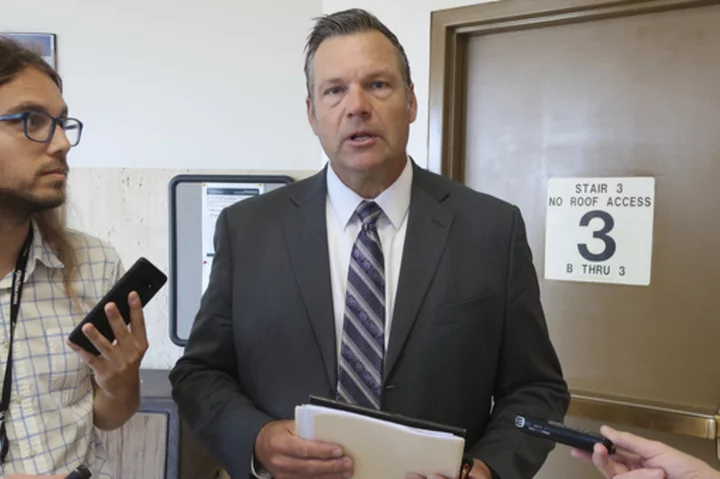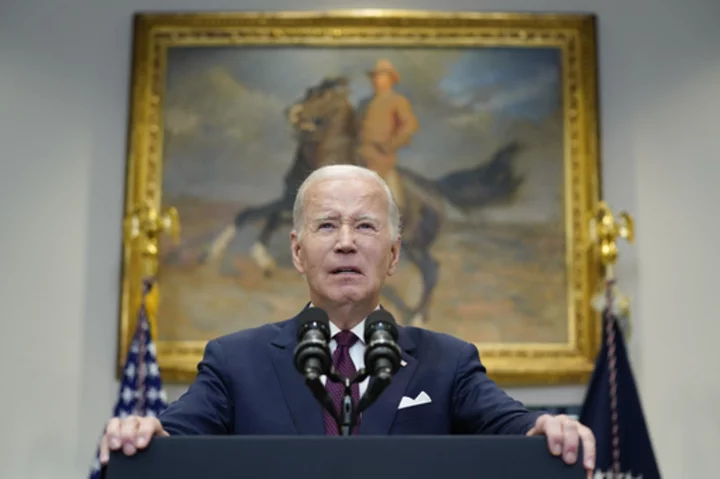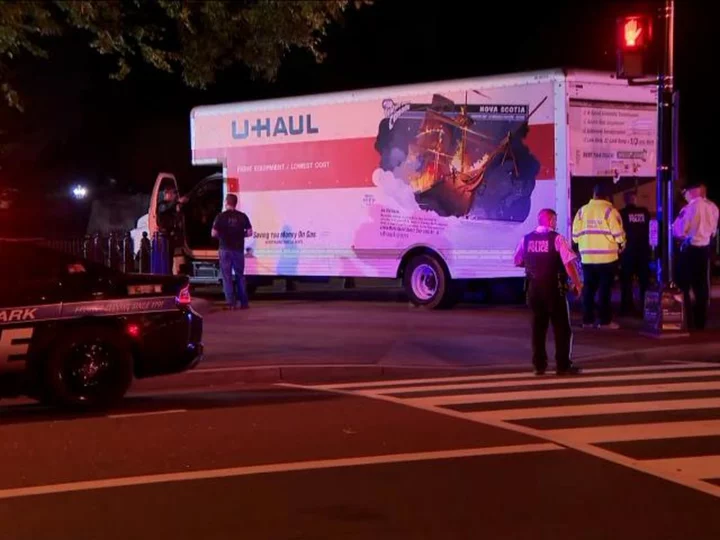TOPEKA, Kan. (AP) — Officials who work for the Democratic governor in Kansas are challenging a court ruling that has temporarily halted the state from allowing transgender people to change the gender on their driver’s licenses.
The state Department of Revenue says Attorney General Kris Kobach, a Republican, didn't have legal authority to file a lawsuit that led to a district judge temporarily stopping transgender people from changing their licenses, at least until Nov. 1. The latest court response by Democrats was dated Friday.
Kobach argues that allowing people to change their gender identity on state IDs — which the state labels as their “sex” — violates a Kansas law that took effect July 1 and rolled back transgender rights. He sued after Gov. Laura Kelly said the changes would continue despite that new law. Kansas for now is among only a few states that don't allow any such changes, along with Montana, Oklahoma and Tennessee.
The state Department of Revenue oversees driver's license issues in Kansas through its Division of Vehicles. The department argued in court papers filed Friday that the attorney general needed authorization from the governor, the Legislature or the local district attorney to file a case in state district court. Kobach contends that past court precedents and legal traditions allowed him to sue.
The case is being argued in Shawnee County, home to the state capital of Topeka.
“This is a most serious misrepresentation and without more, requires the immediate dismissal of this case,” attorneys for the Revenue Department argued in their most recent filing.
The attorney general's office did not immediately respond to text and email requests Sunday seeking a response.
District Judge Teresa Watson initially sided with Kobach when she scheduled a Nov. 1 hearing on whether to block changes in driver's licenses past that date. She also has an Aug. 16 hearing on a request from five transgender Kansas residents to intervene in the case, something Kobach opposes.
The new law rolling back transgender rights defines male and female based on a person's “reproductive system” at birth, preventing legal recognition of a change in gender identity, and applying the rule in “any” other law or regulation. The Republican-controlled Legislature overrode Kelly's veto of the measure.
The Department of Revenue initially argued unsuccessfully that it still must follow older and more specific laws regarding driver's licenses that conflict with the new law.
It's new arguments also are technical. They rely on a strict reading of the law setting out the attorney general's power and other laws detailing when agency actions can be reviewed by district courts.
The transgender people seeking to intervene in the lawsuit argue that the anti-trans rights law violates civil liberties protected by the Kansas Constitution, including a right to bodily autonomy.
Kobach also is trying to stop the state from changing transgender people’s Kansas birth certificates in a separate federal court case.
___
Follow John Hanna on Twitter: https://twitter.com/apjdhanna









